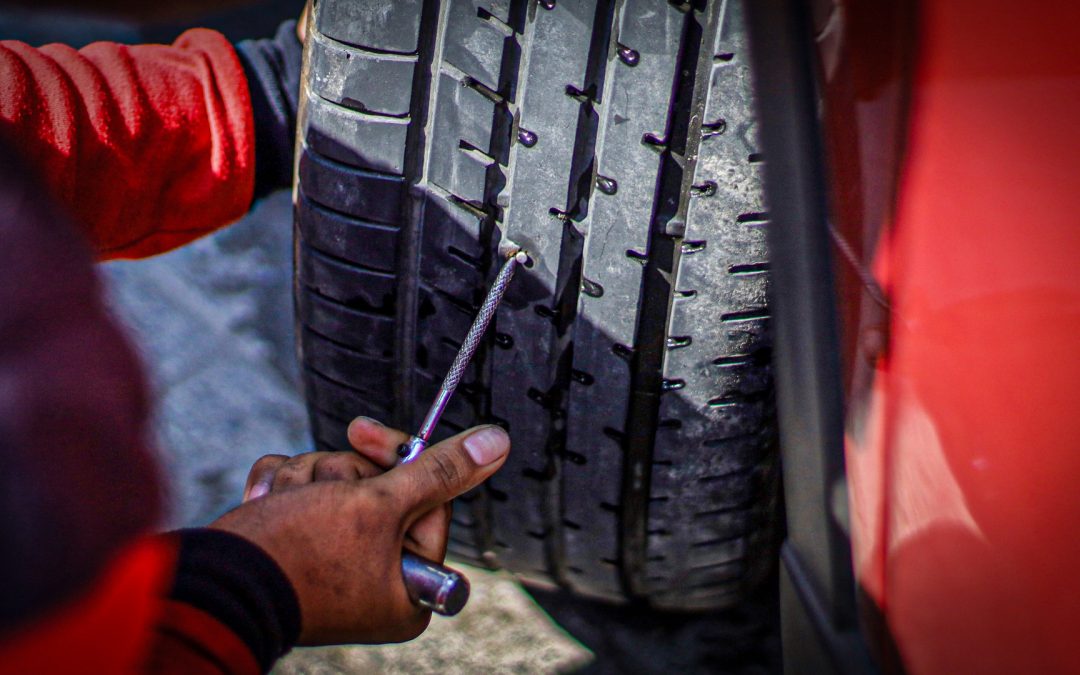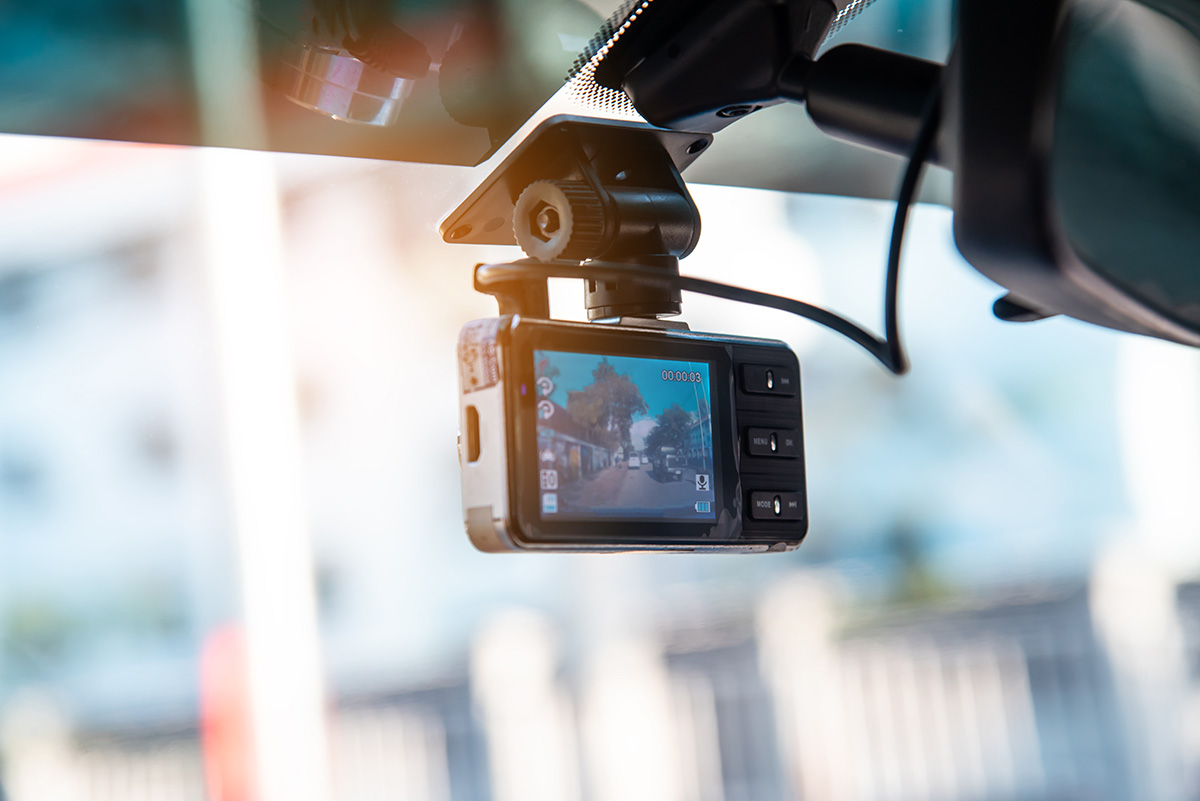Patching a punctured tire is a common job, but are you up to date on the latest guidance for safe plug locations?

When you spot a dashboard camera inside a customer’s vehicle, how do you react?
At this point I think we have all seen dash cam videos from customer vehicles that capture what mechanics are saying and doing at work. Some recordings are harmless fun, like this chap singing while bringing a car into the bay and making lighthearted fun of the car’s door sill lights. Others are not funny at all: joyrides, fraudulent work, badmouthing customers, discussions of intentionally delaying repairs, and outright criminal activity. These negative videos, along with some high-profile exposés from major news networks in recent years, are awfully damaging to the automotive repair industry’s reputation. So if you feel a little uncomfortable when you see a dash cam inside the vehicle you just pulled into your bay, that’s an understandable reaction.
As an auto repair pro, you can probably spot an aftermarket dash cam easily. You may have already installed a few yourself: up by the rearview mirror, onto the dash itself, around the edges of the windshield, or somewhere in a bumper. It’s trickier to identify them on newer cars that include dash cams from the factory. For example, some Corvettes have built-in recording features that can be activated by a valet mode, allowing owners to see what happened to their cars while separated.
“Think of it as a baby monitor for your car,” said Harlan Charles, Corvette product manager. “Anyone who has felt apprehension about handing over their keys will appreciate the peace of mind of knowing exactly what happened while their baby was out of sight.”
And that customer would have every right to be upset if the camera captured burnouts during a road test or some accidental scuffs while in the bay, but you already know that. Let’s talk about some grey areas involving dash cams and mechanics.

In the United States, some states require two parties (or all parties) in a conversation to consent to being recorded before video/audio can be captured. That means it is potentially unlawful for a customer to record what you say and do while you work on their vehicle. (I know I’ve expressed my honest opinions on questionable vehicles while their owners were out of earshot…) If you don’t already know your state’s laws on the subject, get educated. It may not be legal for customers to record you with dash cams in your state without your consent. It’s best to know your rights before an unlikely, but possible, dispute with a customer arises. (See next point.)
Disconnecting batteries and pulling fuses is routine work in auto repair, but a few customers might interpret this as an attempt to defeat their recording devices. In reality, “disconnect battery” is simply the first step in countless repair jobs. How about dash cams that pull power from an adapter in the OBDII port? A mechanic would need to unplug the cam to hook up a scan tool, which means the customer will miss all that unbelievable footage of a guy scratching his head and scrolling through menus.
Notifying a customer every time a dash cam loses power is probably overkill, but your shop should have a policy in place regarding dash cams. For example, your policy might state that if a vehicle rolls in with power to its camera, then it must leave with power to its camera. Some shops have a policy of unplugging all dash cams on customer vehicles before service. Alternatively, some state that the customer must disconnect any dash cams before service, which removes the risk of a mechanic damaging the camera or its cables while working.
Whatever your shop’s policy might be, it’s best to have something in place before it is needed. (In two-party consent states, the law may also play a role in deciding your policy.) The policy should be written or published somewhere that customers can see it, and your service writers and managers should be aware that dash cams can be a sensitive issue with some folks.
And finally, I think we need to talk about doing things that might seem hard on the car while a dash cam is recording. If the customer states that there is a loud noise under hard acceleration, then the mechanic might just need to do some hard accelerating to find the noise. Suspension clunks while swerving? There’s going to be a recording of some silly driving on the dash cam after a diagnostic road test. If your shop does not disable dash cams, be prepared to explain why you hit every pothole in the street while looking for that annoying sound the customer was complaining about whenever she would hit a pothole. Some videos (or lack thereof) will always look bad without context.
The articles and other content contained on this site may contain links to third party websites. By clicking them, you consent to Dorman’s Website Use Agreement.
Participation in this forum is subject to Dorman’s Website Terms & Conditions. Please read our Comment Policy before commenting.